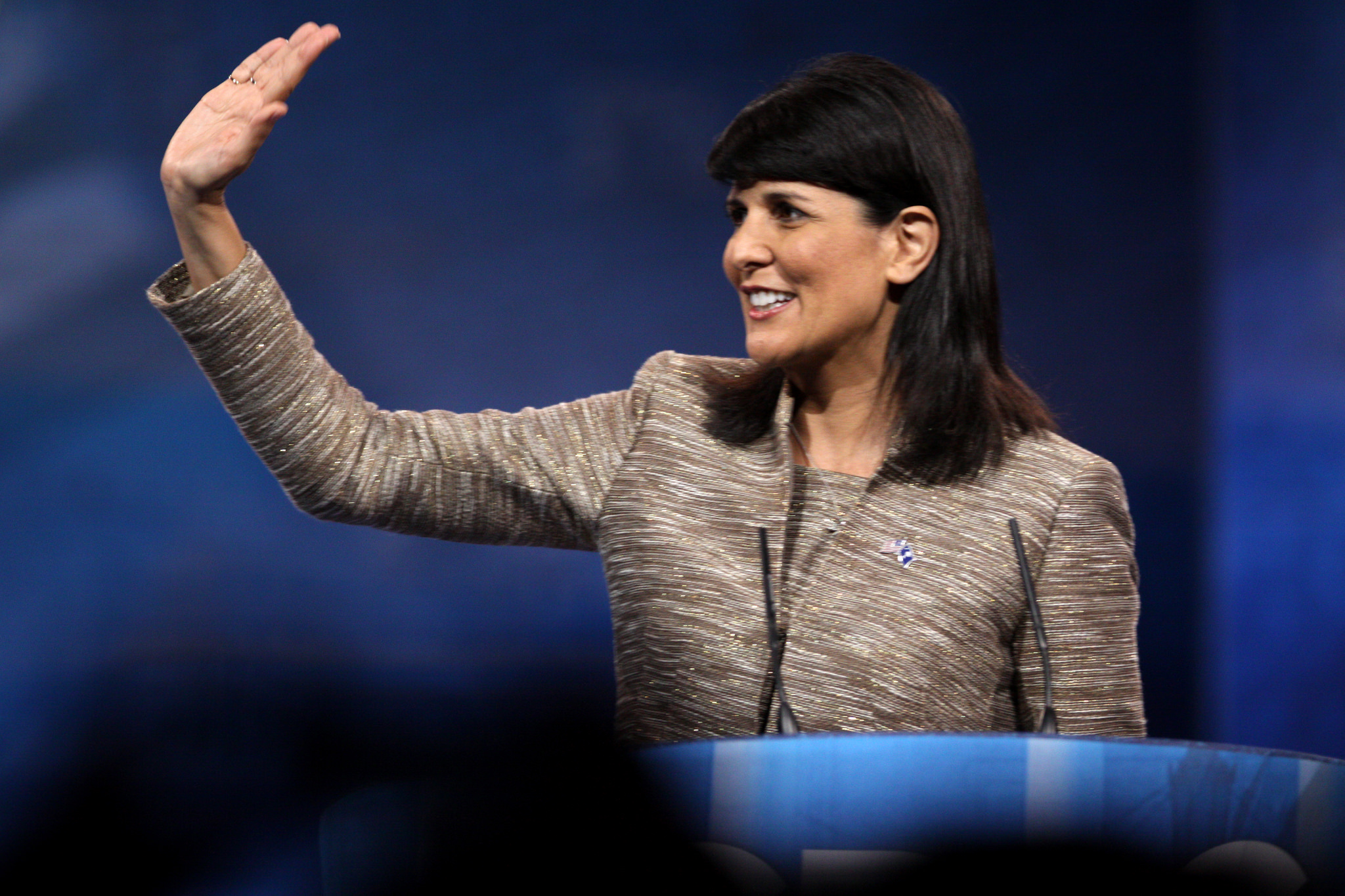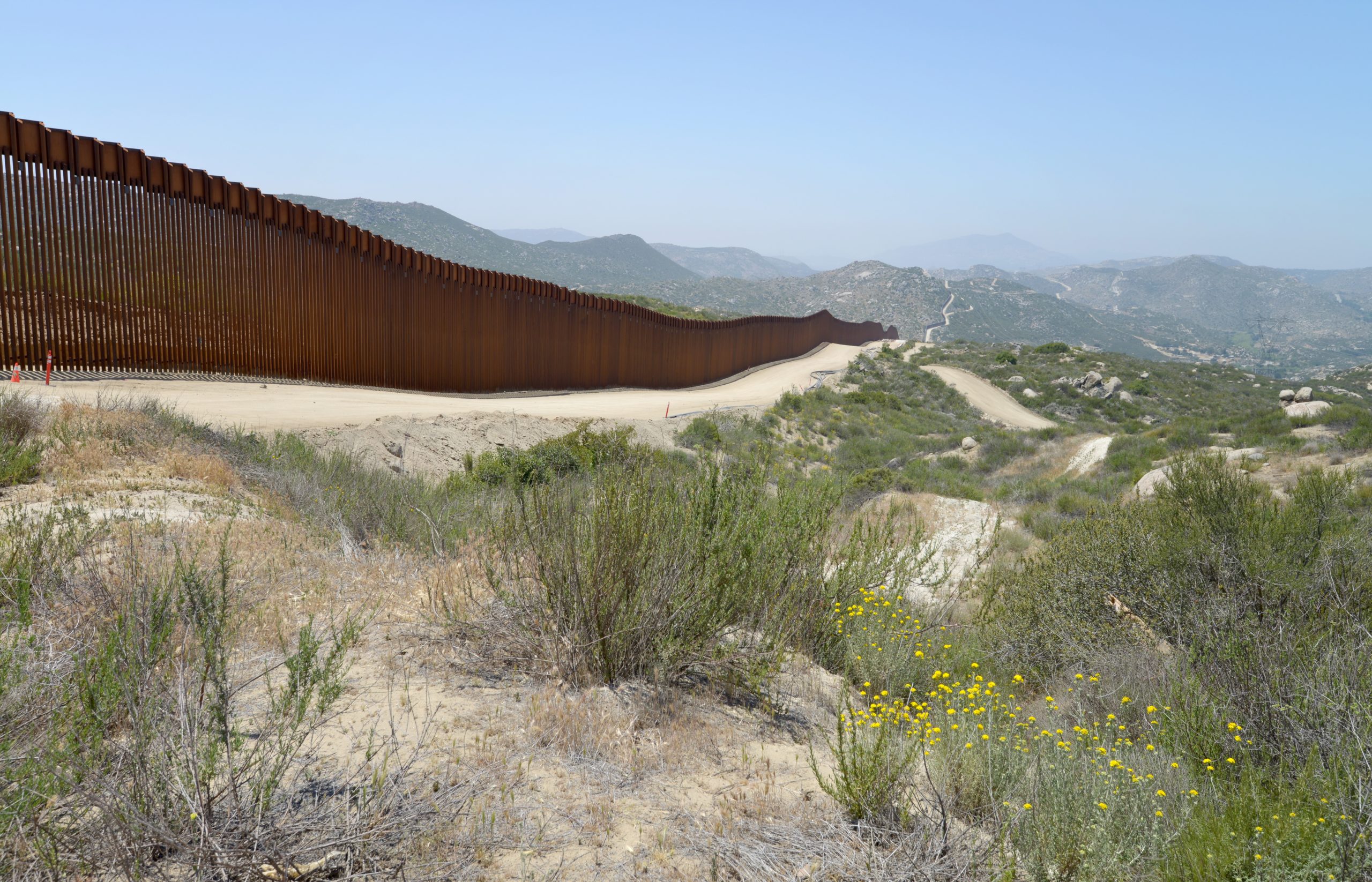Guest post by Anjali Dayal.
Nikki Haley, the recently confirmed US Ambassador to the United Nations, had among the smoothest of confirmation hearings of Donald Trump’s cabinet selections despite her notable lack of foreign policy experience, in large part because her own politics align with traditional American foreign policy. Haley arrived at her confirmation hearing with a traditionally bipartisan, internationalist foreign policy agenda – maintaining commitments to NATO, espousing democracy and human rights abroad, and maintaining multilateral arrangements and diplomatic processes that allow for burden-sharing and collective action. These are precisely the interests we would expect from most US ambassadors to the UN and she reaffirmed in her first days as UN Ambassador. A close look at her Congressional confirmation hearing and her first weeks as UN ambassador, however, reveal a number of significant challenges ahead.
First, the distance between Haley’s positions and Trumpian rhetoric is striking—ultimately, as Senator Christopher Murphy noted at her January hearing, Haley’s policy ideas sound like they come from an alternative universe. That seemed reassuring to the Foreign Relations Committee, but may not prove to be particularly reassuring in practice—early evidence indicates Haley was sidelined when the administration drafted an executive order proposing a 40% funding cut to international organizations, for instance, and her debut speech at the Security Council – which condemned Russian actions in Crimea – put her at sharp odds with Trump’s remarks on Russia the same week.
It’s difficult to envision a foreign policy process that can smooth the Trump cabinet’s wildly divergent visions of foreign policy into persuasive positions at the UN. Indeed, in saying that she’ll use her UN post to advancing traditional American values, Haley is committing to advocating US national interests that may no longer exist in any easily identifiable way among the leadership of other executive branch offices. It’s also unclear how easy it will be to delink the Trump administration’s larger foreign policy decisions from the UN Ambassador’s diplomatic cache at the UN – scholars have varying perspectives on whether patterns of defection from agreements or multiple reputations impede diplomatic efforts.
Second, an administration speaking with multiple sharply conflicting voices could produce particularly challenging foreign policy outcomes at the UN, where US funding and support are integral to UN goals, and where Haley’s lack of experience with UN politics will require she build diplomatic relationships and substantive knowledge while simultaneously advocating foreign policy goals that may contradict signals coming from Washington.
Both during her hearing and during her first few days at the UN, Haley has seemed fuzzy on the dynamics of Security Council politics and on how UN missions are staffed and funded. For example, vetoes are a far less common feature of Security Council politics than Haley’s remarks at her hearing indicated, and are far less common than behind-the-scenes diplomacy and tacit agreements to abstain on some divergent issues. Abstentions are a powerful diplomatic tool and a veto is often the mark either of a P5 state’s inability to keep a resolution out of the UNSC chamber to begin with, or of a P5 state’s desire to be on the record as vetoing a resolution. The day-to-day dynamics of the chamber balance the bombast of high politics with easy agreements on potentially contentious issues of peace, security, and intervention even amidst highly divergent national interests; between 2013 and December 2016, for instance, despite significant disagreements on Syria and Ukraine, the US and Russia agreed upon peace operation authorizations or renewals in 64 separate Ch. VII Security Council resolutions. Haley has said she doesn’t think abstentions are ever appropriate and that she plans to veto more resolutions. Given the complicated relationship between Trump and Putin, there’s likely to a be a steep learning curve as Haley reconciles public voting with backroom negotiations and agenda-setting.
This learning curve is also likely to shape Haley’s agenda to reform UN peace operations and to cap US contributions to peace operations. Haley has called for both a mission-by-mission evaluation of peace operations and a reduction in US funding for peace operations. Significant cuts in US funding for peace operations would have real effects on missions’ operational capability and, consequently, international peace and security; and an existing Congressional cap already sets the US’s annual contribution to the peacekeeping budget below the assessed contribution the US is required to make as a UN member. Some of her calls for reform—particularly those emphasizing accountability for troops who are charged with sexual assault or corruption—will likely be very popular, and she seems poised to work well with new Secretary General Antonio Guterres. But it’s unclear how she will generate support for the rest of her agenda without deep knowledge of how peace operations function, while also calling for funding cuts that will severely curtail the peacekeeping budget.
Despite Nikki Haley’s bipartisan appeal to traditional American foreign policy commitments, the constraints she faces in the days ahead are significant. Mixed signals from Washington and an on-the-job training in the intricacies and challenges of her new role as a leading US diplomat at the United Nations may belie the relative ease of her confirmation. The path ahead may run mostly uphill.
Anjali Dayal is an assistant professor of international politics at Fordham University.







2 comments
She was an embarrassment to South Carolin. Now she will be an embarrassment to the United Nations and President Trump.
Typo correction South Carolina.